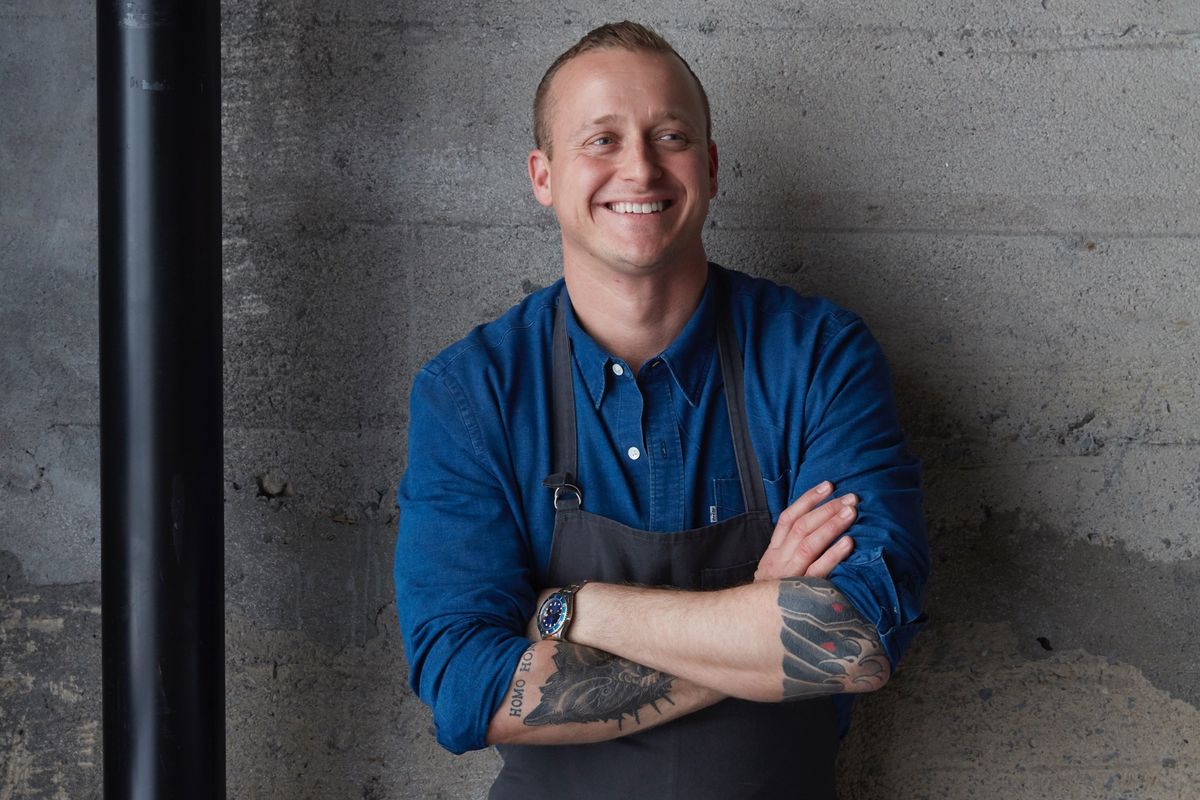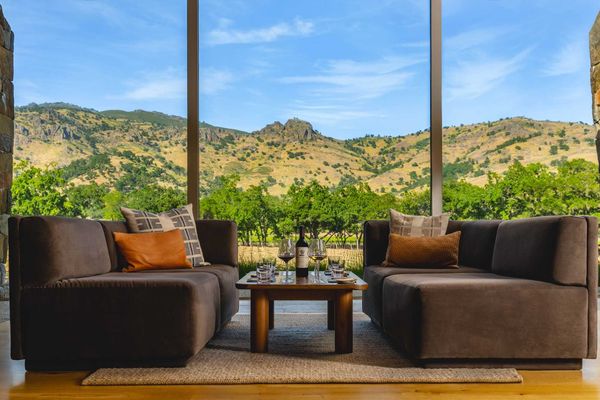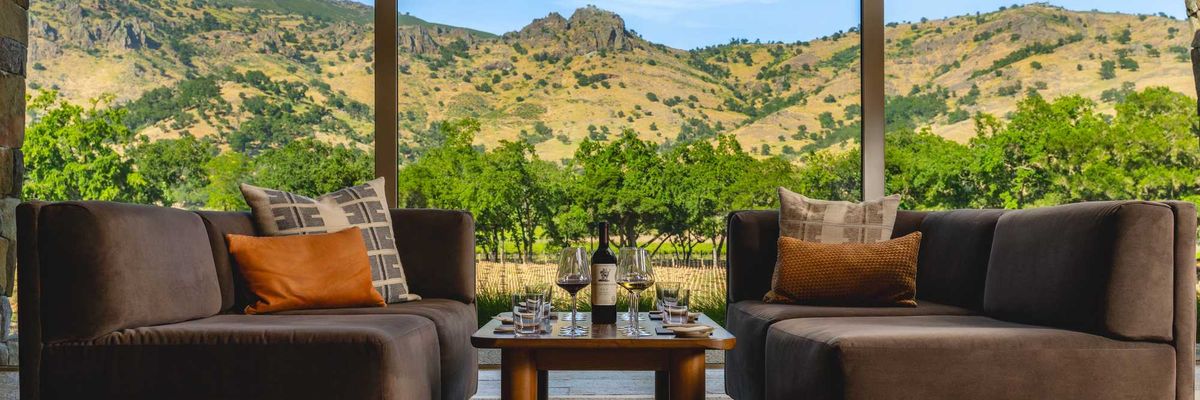After months of anticipation, Che Fico exploded onto the San Francisco dining scene in March 2018.
In those early days, you had to be quick to get a table. Half of the rustic Italian restaurant was open for reservations but, in the mornings, the avalanche of calls came so fast that within 30 minutes the voicemail box was filled to capacity. Walk-ins waited in lines that snaked around the corner. It could take three hours just to be seated.
Che Fico didn't just live up to expectations, it blew them out of the water. That year it made Bon Appetit's list of America's best new restaurants and earned three stars from the SF Chronicle's longtime restaurant critic, Michael Bauer.
But as the restaurant thrived, picking up accolades left and right, executive chef and co-owner David Nayfeld was coming apart at the seams. With 10 cups of coffee a day and four hours of sleep a night, he lived through the insanity of Che Fico's first months—but he did not live well. Sometimes he would go for 48 hours without eating. "The buzz was incredible but it was a cause for a lot of undue stress," Nayfeld admits. "I was not my best self during those opening few months."
Two-and-a-half years later, Nayfeld, who grew up the son of Belarusian religious refugees before rising through the restaurant ranks and into the kitchens of Michelin-starred restaurants from New York to France, is in a completely different place. So is Che Fico. Like at most of the city's beloved restaurants, the reservation line has gone quiet and the three hour waits are long gone. Every morning, instead of prepping food or working with staff, Nayfeld is on conference calls with other restaurateurs and members of the Independent Restaurant Coalition, discussing the RESTAURANTS Act of 2020 (Real Economic Support That Acknowledges Unique Restaurant Assistance Needed to Survive), a congressional bill that would set up a $120 billion fund to provide life-saving grants to restaurants, bars, and food trucks around the country.
In his free time, Nayfeld's "been writing op-eds about the restaurant industry, how we need to value it, and how we should proceed with compensation." Since March, the industry has only regained less than half of the 6.1 million jobs it shed during early Covid-19 shutdowns. As of July, close to 16,000 restaurants had been forced to permanently close in the U.S., a number that has undoubtedly grown since.
In addition to his lobbying efforts on the national scale, Nayfeld and Che Fico have also worked locally to support San Francisco's most vulnerable residents through the pandemic."The only thing I knew how to do at all was take money, give it to farmers, cook [the food], and give it to people. Farmers were hurting, people were hurting and they needed food." Like other heavy-hitters on the SF restaurant scene, for five months the Che Fico team devoted itself to producing 300 to 400 meals a day (each for two to three people), distributing them to out-of-work restaurant workers, victims of domestic abuse, and seniors from the Jewish Community Center, among others.
With their Family Meal program now at an end, although Che Fico remains closed to the public today, its sister wine bar/grocery/salumeria Che Fico Alimentari is back to crafting artisan Italian-inspired dishes, including pizzas, take-and-bake pastas, and well-apportioned picnic baskets for outdoor dining and takeaway. And chef, he's got a new outlet for his creative energy: a podcast called "The Main Ingredient with David Nayfeld."
The first episode, which launched September 15th, features a conversation with Michelin-starred chef Dominique Crenn, but the show is about more than food. Musician Adrian Marcel, KMEL DJ Big Von, and Nayfeld's pal Gwyneth Paltrow all make appearances this season and any topic, from mental health to civil unrest, is fair game. "We get to have those conversations that are probably happening at dinner tables around the country and embrace the fact that we all don't think alike," says Nayfeld.
Just like in the kitchen, Nayfeld strives for authenticity in the podcast, and hosting the show has also been something of a cathartic experience. "A lot of chefs feel stifled because they need to stay in their lane or don't want to share too much because it's all about staying professional," he says. But having conversations with others, both within and outside of the restaurant industry, is an opportunity for cultural exploration. The podcast is neutral ground for individuals with very different opinions to share both grievances and unexpected delights without judgement, something the country desperately needs right now.
"We'd all be better off," confirms David Nayfeld, "if we were just willing to have a conversation."
// Find "The Main Ingredient with David Nayfeld" anywhere podcasts are offered; follow on Instagram @davidnayfeld.





















